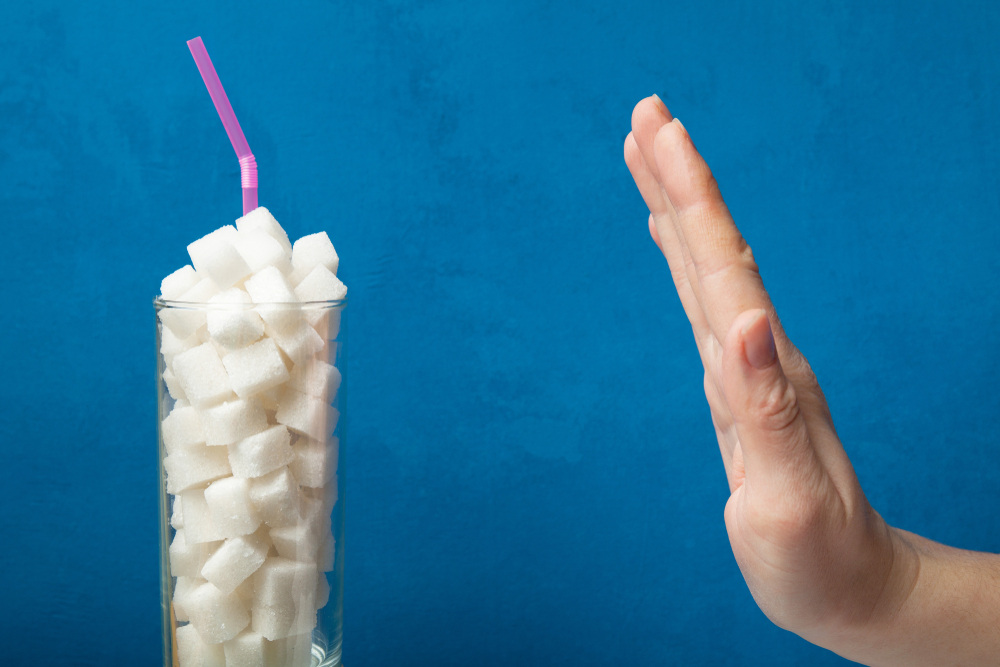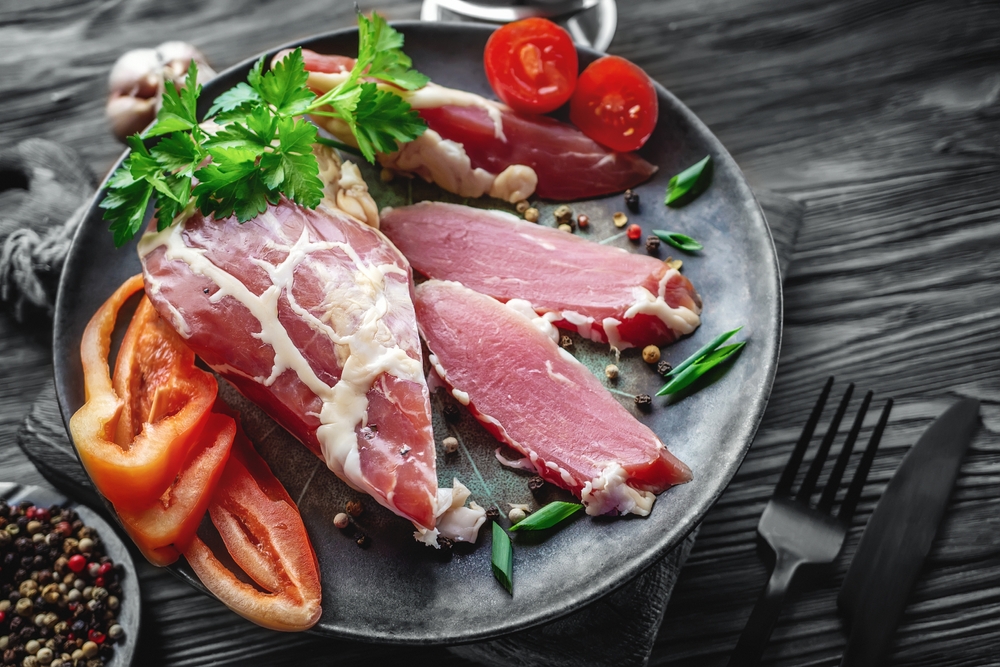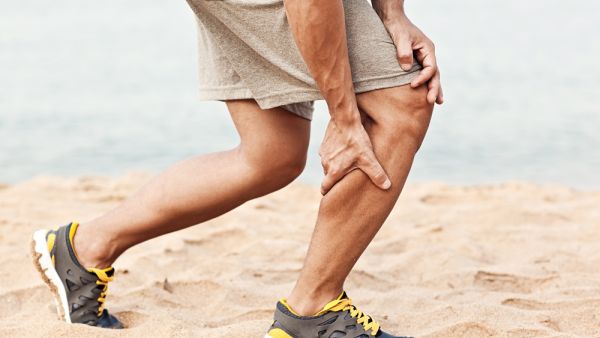ALBAWABA Maintaining strong and healthy muscles is essential for overall well-being and physical performance. Regular exercise and a balanced diet are key components of muscle health, but it's also crucial to be mindful of the foods that can potentially harm your muscles.
Highly Processed Foods
Processed foods, such as fast food, sugary snacks, and ready-to-eat meals, are often loaded with unhealthy fats, refined sugars, and excessive sodium.
These ingredients can contribute to inflammation in the body, which, over time, can harm your muscles and impair their function. Opt for whole, unprocessed foods to support muscle health.

Sugary Drinks
Sugary beverages like soda, energy drinks, and excessive fruit juices are packed with added sugars that can lead to insulin resistance and inflammation.
High sugar consumption has been linked to muscle weakness and decreased muscle mass. Choose water, herbal tea, or natural fruit-infused water to stay hydrated without the added sugars.
Alcohol
While moderate alcohol consumption may not harm your muscles, excessive drinking can lead to muscle damage.
Alcohol dehydrates the body and interferes with muscle recovery and repair. It's best to consume alcohol in moderation and stay well-hydrated when drinking.
Trans Fats
Foods high in trans fats, such as fried and processed foods, margarine, and some baked goods, can promote inflammation and increase the risk of muscle damage.
These fats are known to contribute to various health problems, so it's advisable to limit their intake.

Excessive Red Meat
While lean cuts of red meat can be a good source of protein and essential nutrients, excessive consumption may harm your muscles. Red meat is high in saturated fats, which, when consumed in large quantities, can increase inflammation and negatively impact muscle health.
Balance your protein intake by incorporating lean meats, poultry, fish, and plant-based protein sources like beans and legumes into your diet.
Incorporating regular exercise and staying hydrated will also help support muscle health and reduce the risk of muscle damage. Always consult with a healthcare professional or nutritionist for personalized dietary advice tailored to your specific needs and goals to ensure you're taking the best possible care of your muscles and your overall health.








